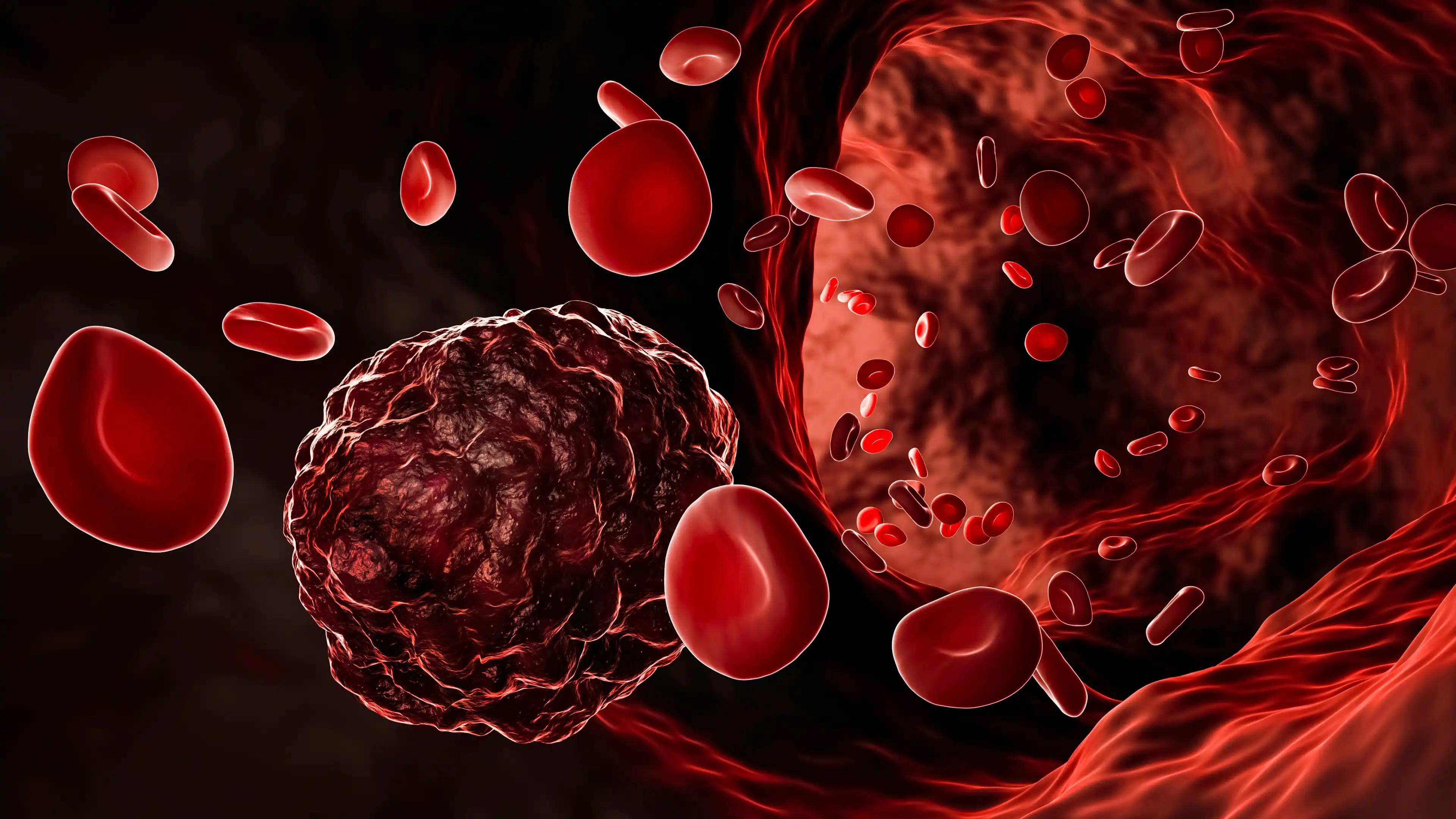KEY TAKEAWAYS
- The association of impaired nutrition with psychological health and quality of life is evaluated among older adults with advanced cancer who were starting cancer treatment with palliative intent.
- Secondary analysis based on baseline data from a nationwide cluster randomized clinical trial which utilized separate multivariable linear regressions.
- Impaired nutrition was common among older adults in the study, with 60% of participants classified as having impaired nutrition.
Impaired nutrition, a common complication in cancer patients, has been linked to adverse outcomes, including increased treatment toxicity and reduced overall survival.The study explored the association between impaired nutrition and psychological health and quality of life among older adults with advanced cancer initiating palliative-intent cancer treatment.
In this secondary analysis, baseline data from a nationwide cluster randomized clinical trial were utilized (ClinicalTrials.gov identifier: NCT02107443; PI: Mohile; funding NCI UG1CA189961). The analyses were adjusted for baseline patient demographics, clinical characteristics, and geriatric assessment.Individuals with BMI < 21 kg/m2, > 10% involuntary weight loss in the past 6 months, or Mini Nutritional Assessment Short Form (MNA-SF) score of ≤11 were categorized as having impaired nutrition.
Separate multivariable linear regressions were employed to assess the association of impaired nutrition with each measure of psychological health and quality of life in the analysis.These measures included the Geriatric Depression Scale (GDS-15, range 0-15), Generalized Anxiety Disorder-7 (GAD-7, range 0-21), NCCN Distress Thermometer (NCCN DT, range 0-10), and Functional Assessment of Cancer Therapy-General (FACT-G, range 0-108). Adjustments were made in the analyses to account for baseline patient demographics, clinical characteristics, and geriatric assessment.
A total of 541 patients, with a mean age of 77 (range 70-96); 60% exhibited impaired nutrition. Among the 326 patients with impaired nutrition, 95% had MNA-SF ≤11, 23% experienced >10% weight loss in the last six months, and 20% had BMI < 21 kg/m2. Baseline measures included GDS-15 (mean 3.1, SD 2.7), GAD-7 (mean 2.9, SD 4.0), NCCN DT (mean 2.9, SD 2.7), and FACT-G (mean 80, SD 14). In the adjusted model, older adults with impaired nutrition had greater depression (mean 0.65 points higher on GDS-15, p < 0.01) and lower quality of life (mean 6.0 points lower on FACT-G, p < 0.01). Insufficient evidence existed for an association between nutrition and anxiety (β = 0.67, p = 0.06) or distress (β = 0.26, p = 0.28).
Timely identification and management of malnutrition were crucial for older adults with advanced cancer, linked to heightened depression and lower quality of life.
For older adults with impaired nutrition undergoing cancer treatment, personalized interventions were crucial for enhancing psychological well-being and quality of life.
Source: https://ascopubs.org/doi/10.1200/JCO.2023.41.16_suppl.12043
Clinical Trial: https://clinicaltrials.gov/study/NCT02107443
Surbhi Singhal, Zhaoyang Qin, Derick R. Peterson, Richard Francis Dunne, Ying Wang, Eva Culakova, Valerie Targia, Nataliya Melnyk, Adedayo A. Onitilo, Alison Katherine Conlin, Supriya Gupta Mohile, Kah Poh Loh. DOI 10.1200/JCO.2023.41.16_suppl.12043, J Clin Oncol 41, 2023 (suppl 16; abstr 12043).



